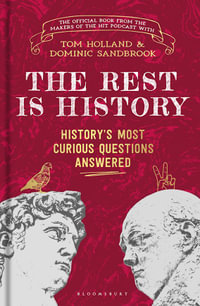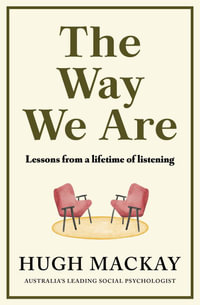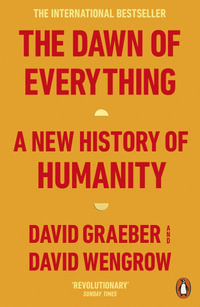While there has been a wealth of research and conversation about the role of racism in shaping our social, political and economic structures, antiracism – its highly publicized counterpart – has been very little studied, discussed or debated. Veteran race scholar John Solomos argues in this slim intervention that we urgently need to re-focus research and activist agendas to address this gap in knowledge.
The core questions addressed in the book include: what does antiracism mean in the contemporary environment? How do states, political institutions and civil society define and practise antiracism? What is the role of alliances across race, class and gender in shaping possible futures beyond racism? Moving beyond the valuable work which has already uncovered the ways in which race and racism are made and re-made, these questions cut to how to develop meaningful political and policy initiatives framed by antiracist ideas and values. If we hope to make sense of the evolution of contemporary racisms in the world around us in order to tackle them head on, antiracism needs to be better understood.
Industry Reviews
"This compact yet laudably wide-ranging book offers a thorough exploration of the contours of antiracist movements, policy proposals and arguments. Against sloganistic battle cries, Solomos grounds urgent debates in nuance and complexity, for a deeper account of the recent past, present and future of antiracism."
David Roediger, author of The Wages of Whiteness: Race and the Making of the American Working Class
"In Antiracism: A Critique, John Solomos wrangles tough questions to provoke a productive and needed conversation. Seeking to fill the knowledge and information gaps around antiracism, this work invites readers, scholars and global citizens to build a more inclusive academic environment and world."
Marcus Anthony Hunter, author of Radical Reparations: Healing the Soul of a Nation
























